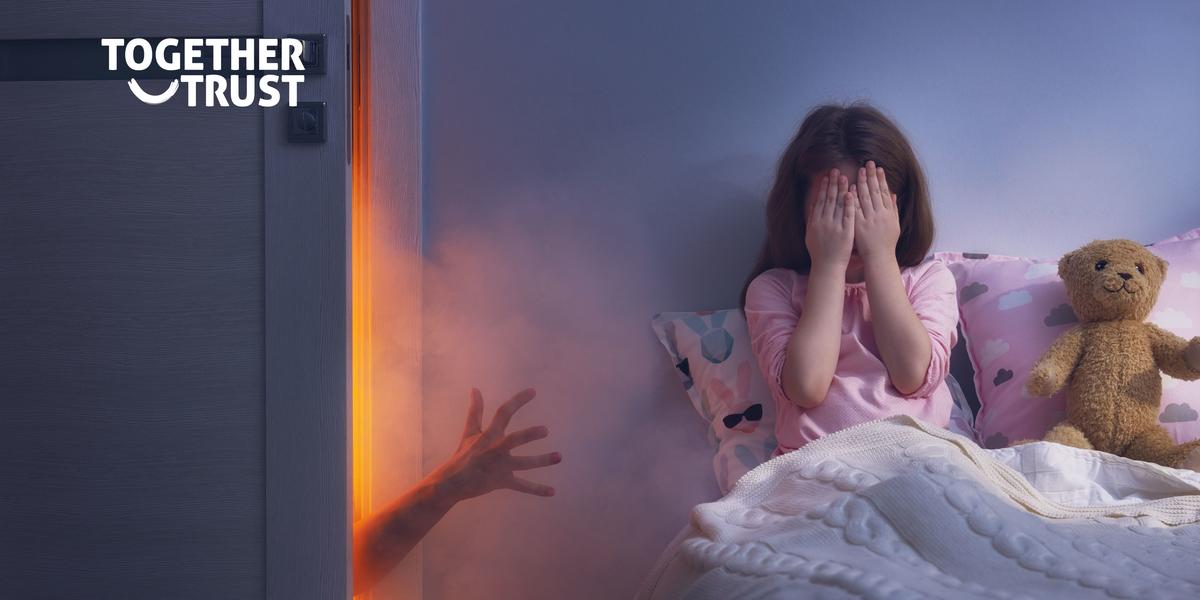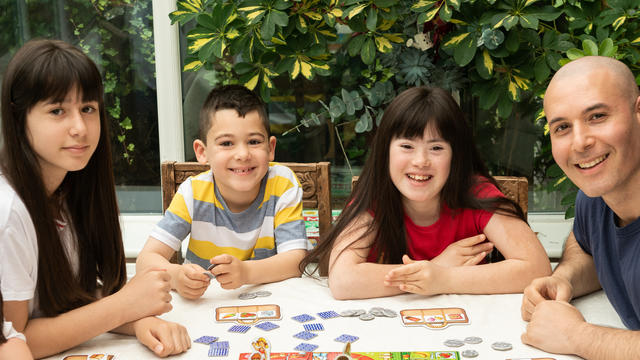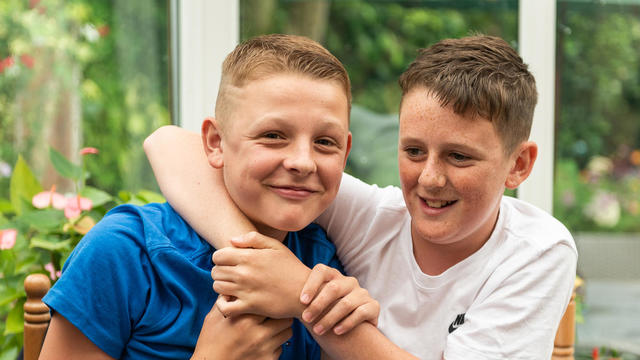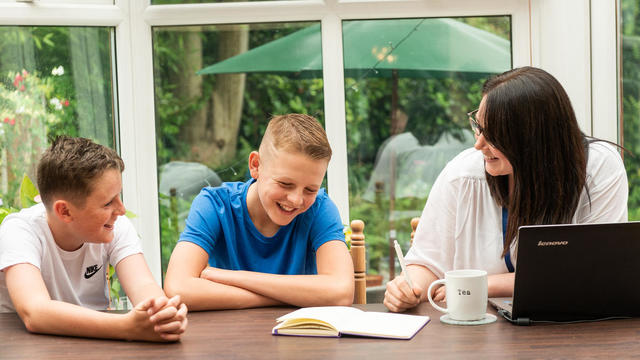Sleep tips: Nightmares and sleep (night) terrors

Sleep terrors (also called 'night terrors') and nightmares are often thought to be the same thing when in fact, they are quite different. Nightmares are more common than sleep terrors but neither will cause any long-term psychological harm to your child.
Nightmares
• Unpleasant dreams that your child will usually remember when they first wake. They may appear scared but they will be asleep.
• Occur during REM sleep.
• Can occur at anytime during REM sleep throughout the night.
• More common between the ages of 3 and 6 years.
• Your child will be able to take comfort from you.
• May be caused by a scary film, book, event or worry and anxiety.
Sleep terrors
• Involve your child feeling terrified, possibly thrashing about, shouting, screaming and sweating. Won’t be remembered.
• Occur during Non-REM sleep.
• Usually occur within the first 3-4 hours of sleep.
• More common between the ages of 2 and 12 years, usually ceasing before puberty.
• Your child will not be able to take comfort from you or recognise you.
• May be caused by anxiety, excitement, tiredness, fever or certain types of medication.
Top tips for nightmares
• Practice a relaxing bedtime routine.
• Talk to your child during the day or early evening about any worries or things that they are finding scary.
• Ensure screen time is reduced before bed.
• Reassure your child that it was just a bad dream.
• Don’t reinforce the nightmare by checking in wardrobes, under beds, or using a magic spray as this may make them think there is a possibility the thing they are scared of exists.
Top tips for sleep terrors
• Make sure the room isn’t too hot (see our advice sheet on ‘temperature’)
• Keep a good bedtime routine and include time to relax and wind down.
• Stay calm and wait for the terror to pass.
• Don’t wake or rouse your child unless they are unsafe.
• Keep track of when the sleep terrors happen. If they happen regularly, plan to wake your child around ten minutes before they occur in order to break the pattern. Do this for 2 weeks.
Consider factors such as caffeine intake, whether your child is overtired/stressed, taking a new medication, is unwell or is sleeping in a new place.
If sleep terrors or nightmares persist, particularly after a traumatic event, consult your GP.





